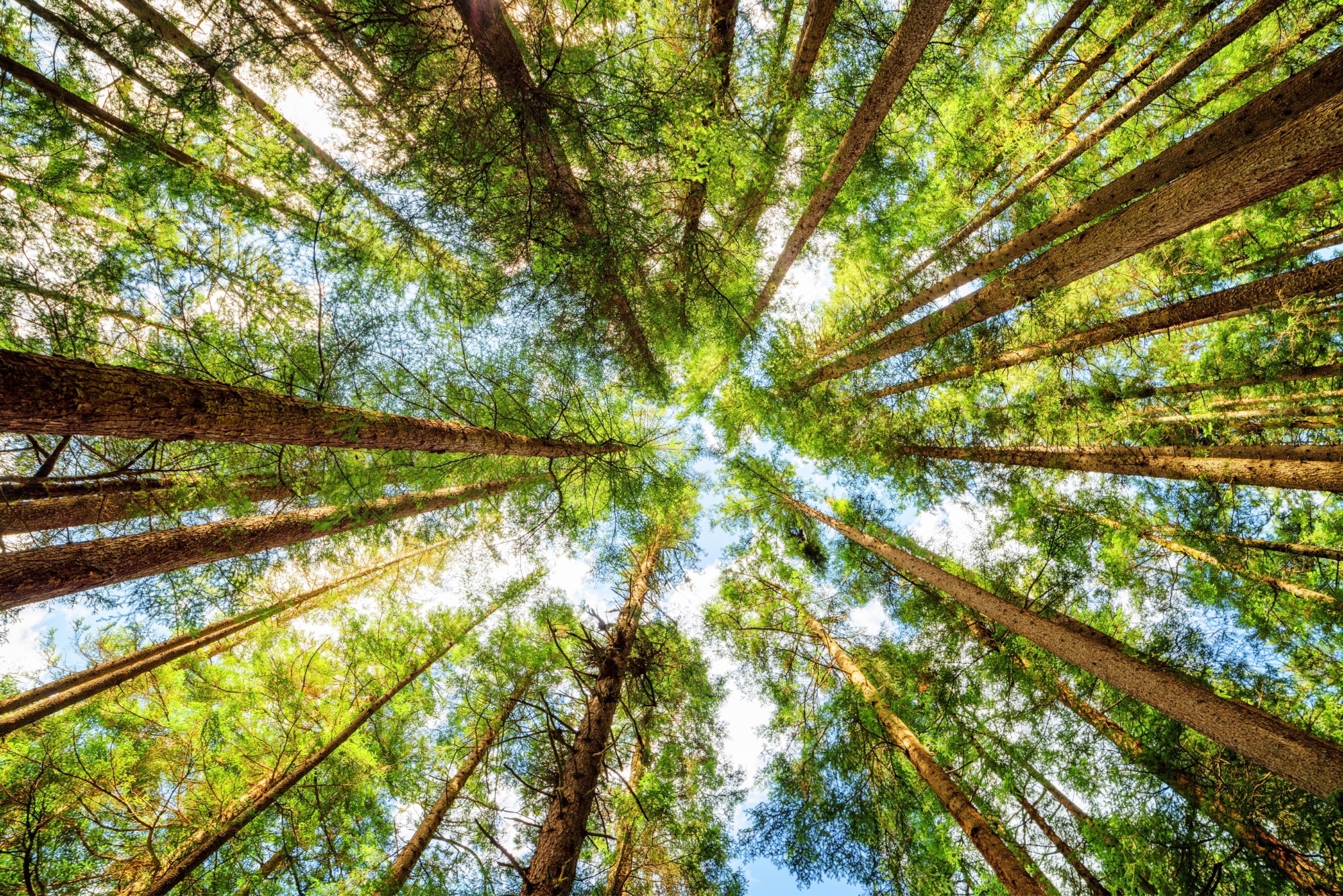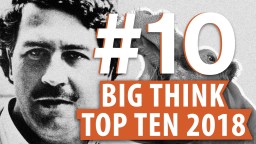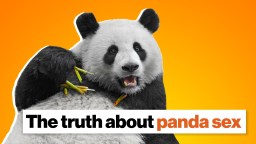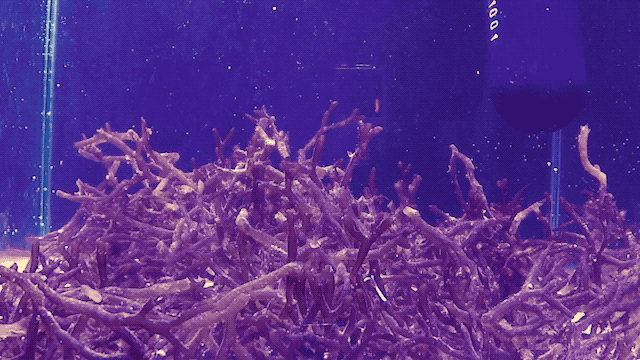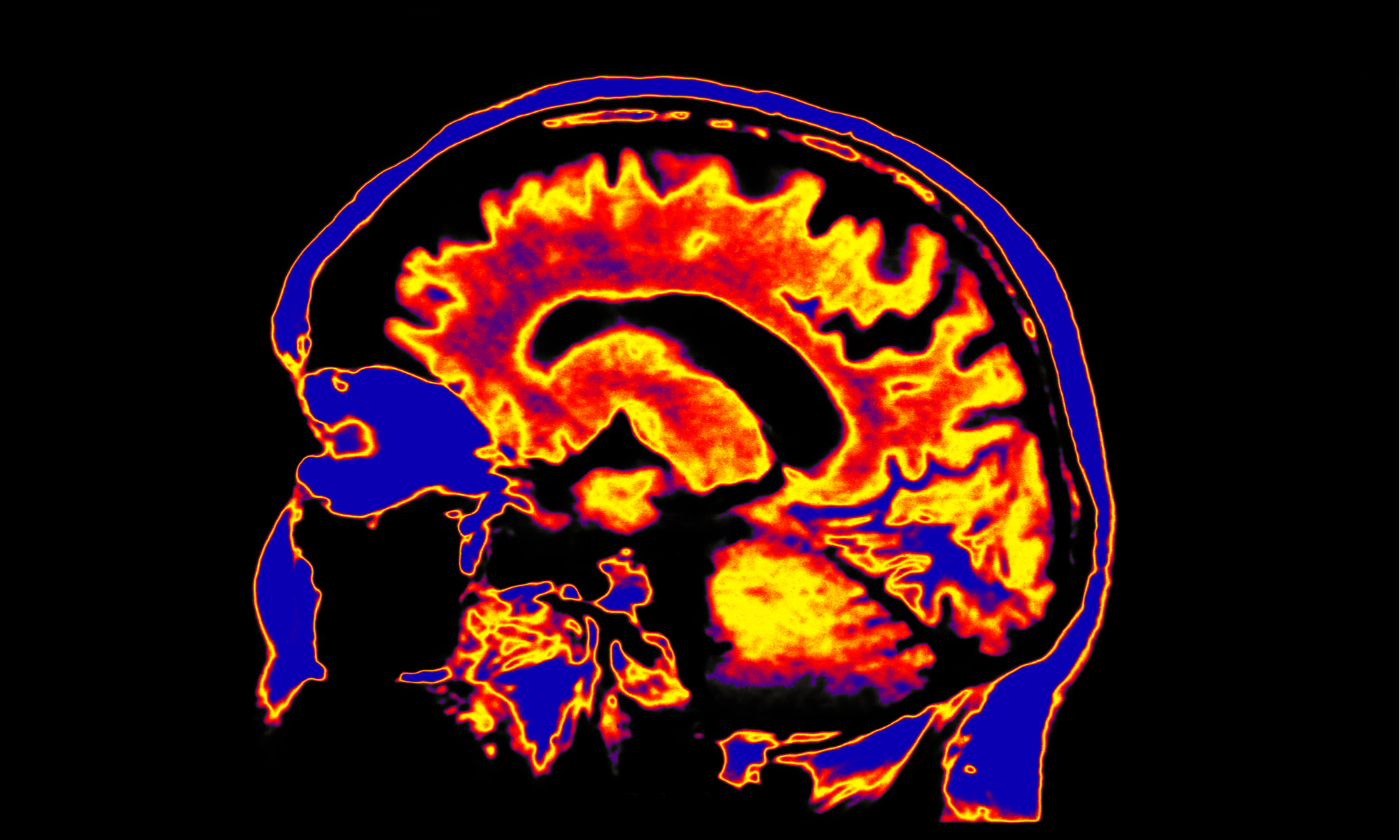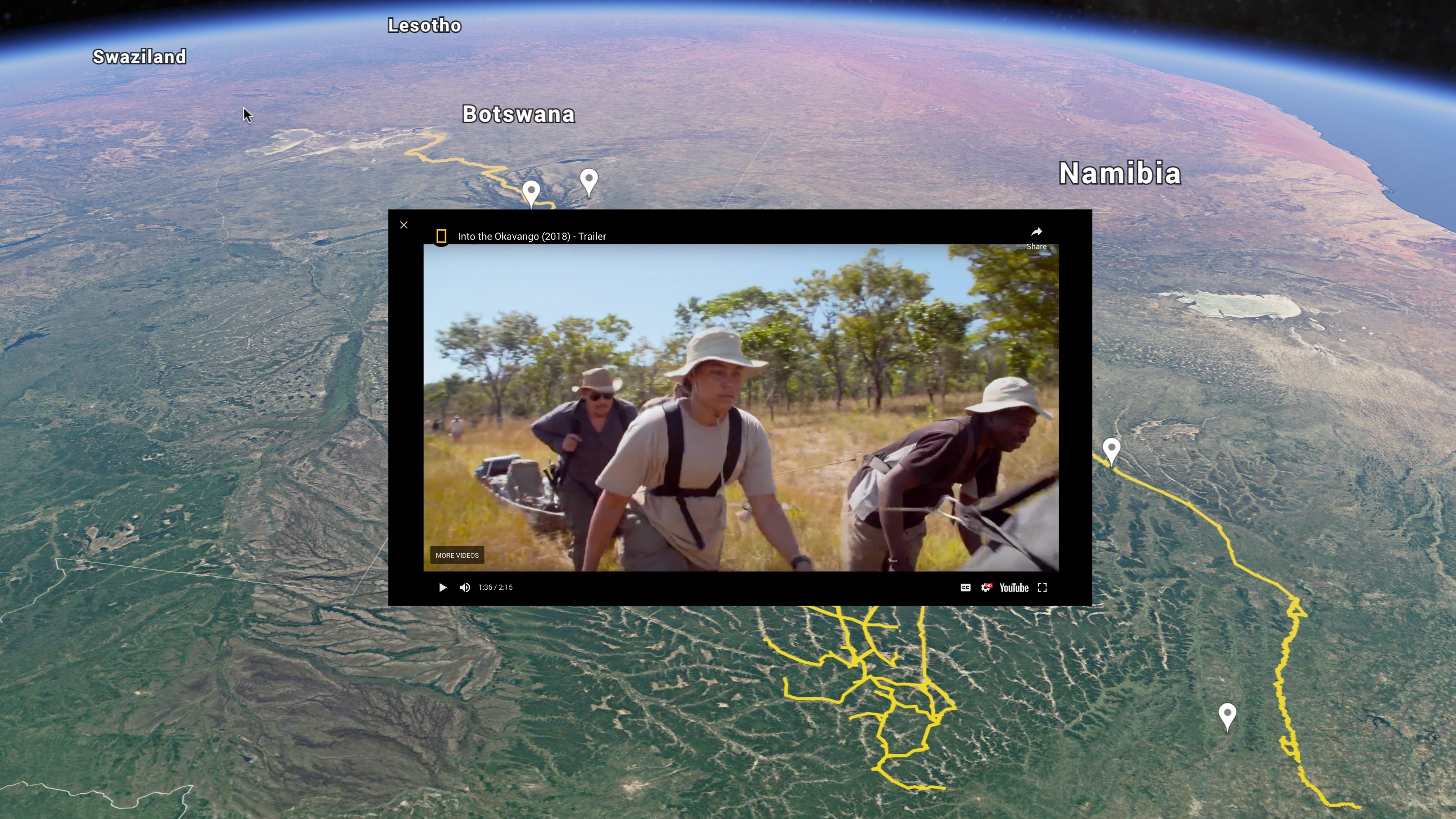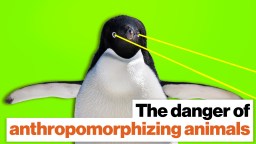Life
All Stories
A new study has identified specific genes that seem to play an integral part in characterizing the behavior of dog breeds.
You can become a tree or even the soil supporting it.
Let the countdown begin! History and science (and danger) come together in our 10th most popular video of 2018.
▸
10 min
—
with
More farm space equals more carbon.
“This is a great example of a forest restoration plan which is both good for the people and good for nature,” one researcher said.
Researchers find an amazing amount of often-weird forms of life below the planet’s surface.
Zoologist Lucy Cooke explains why humans are totally wrong about panda sex, and why captive breeding backfires.
▸
10 min
—
with
Tiny bubbles talk photosynthesis.
Anchorage was rocked by back-to-back earthquakes on Friday morning, prompting a tsunami warning.
Long hidden under trees, it’s utterly massive.
Orangutans join humans and bees in a very exclusive club
Dogs’ floppy ears may be part of why they and other domesticated animals love humans so much.
Protected animals are feared to be headed for the black market.
Humans evolved to live in the cold through a number of environmental and genetic factors.
A new paper in Nature adds urgency to the fight against climate change.
They’re creating an unprecedented map of Earth to help government leaders make better decisions in regard to climate change.
Is beauty always a proxy for genetic health and fitness? Charles Darwin didn’t think so.
▸
5 min
—
with
As enjoyable as it is to be a couch potato, humans were built to run.
Assigning human values and morals to wild animals will only end in heartbreak. And possible necrophilia.
▸
7 min
—
with
The modern ocean can be a dangerous place for whales.
She’s not held back by other animals’ numeracy limitations.
The natural world evolved many pop culture frights long before storytellers used them to terrify us.
Maybe the only chance they have to tell their story before they’re gone.
How psilocybin evolved has more to do with sending insects on terrifying trips than it does making Phish sound good.

